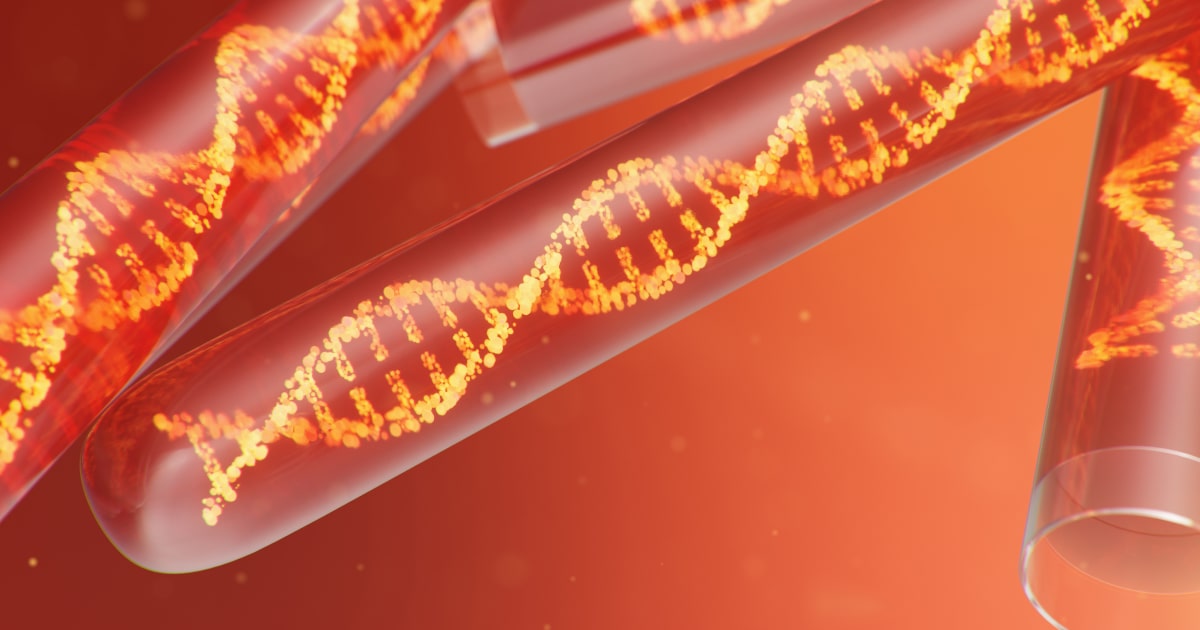
Expert Reviewed By: Dr. Brandon Colby MD
Lactic acidosis is a rare but serious metabolic disorder characterized by the buildup of lactic acid in the blood, which can lead to a variety of symptoms and complications. Understanding the genetic basis of lactic acidosis is crucial for accurate diagnosis, appropriate management, and the development of targeted therapies. In this article, we will explore the genetic causes of lactic acidosis, the role of genetic testing in diagnosis, and how these genetic insights can be used to improve patient outcomes.
Genetic Causes of Lactic Acidosis
Recent studies have identified several genetic mutations that can cause lactic acidosis, including mutations in the SURF1, YARS2, CREBBP, and PDHB genes. These mutations can lead to various forms of the disease, with differing symptoms and severity.
SURF1 Mutations and Leigh Syndrome
Leigh syndrome is a severe neurological disorder that can present with lactic acidosis. A study conducted in Slovakia identified four different heterozygous mutations in the SURF1 gene, which plays a significant role in the development of Leigh syndrome. These findings highlight the importance of genetic testing for SURF1 mutations in patients with suspected Leigh syndrome and lactic acidosis.
YARS2 Mutations and Mitochondrial Myopathy, Lactic Acidosis, and Sideroblastic Anemia (MLASA) Syndrome
MLASA syndrome is another rare genetic disorder that can cause lactic acidosis. A case report discussed a patient with MLASA syndrome caused by a known pathogenic mutation in the YARS2 gene. This finding emphasizes the clinical homogeneity among reported cases and the need for genetic testing to confirm the diagnosis of MLASA syndrome in patients with lactic acidosis.
CREBBP and TANGO2 Mutations and Intellectual Disability
Intellectual disability can also be associated with lactic acidosis. A study identified a novel missense variant in the CREBBP gene and a splice site variant in the TANGO2 gene, both of which were associated with intellectual disability in two families. These findings underscore the importance of genetic testing in the diagnosis of intellectual disability and lactic acidosis.
PDHB Mutation and Isolated Paroxysmal Non-kinesigenic Dystonia
Isolated paroxysmal non-kinesigenic dystonia is a movement disorder that can be accompanied by lactic acidosis. A report presented two siblings with this condition caused by a novel homozygous pathogenic variant in the PDHB gene. This discovery highlights the need for genetic testing in the diagnosis of this rare form of dystonia and lactic acidosis.
Uses of Genetic Testing in Lactic Acidosis
As illustrated by these studies, genetic testing can play a crucial role in the diagnosis and management of lactic acidosis. By identifying the specific genetic mutation causing the disorder, healthcare providers can:
- Confirm the diagnosis and differentiate between various forms of lactic acidosis
- Provide targeted treatment and management strategies based on the patient's specific genetic mutation
- Offer genetic counseling and testing for family members who may be at risk of developing the disorder
- Contribute to the development of new therapies and research aimed at improving patient outcomes
Conclusion
Understanding the genetic causes of lactic acidosis is essential for accurate diagnosis and optimal patient care. Advances in genetic testing have allowed for the identification of specific mutations in genes such as SURF1, YARS2, CREBBP, and PDHB, which can cause various forms of lactic acidosis. By utilizing genetic testing, healthcare providers can confirm diagnoses, provide targeted treatment, and contribute to ongoing research to improve patient outcomes.
About The Expert Reviewer
Dr. Brandon Colby MD is a US physician specializing in the personalized prevention of disease through the use of genomic technologies. He’s an expert in genetic testing, genetic analysis, and precision medicine. Dr. Colby is also the Founder of and the author of Outsmart Your Genes.
Dr. Colby holds an MD from the Mount Sinai School of Medicine, an MBA from Stanford University’s Graduate School of Business, and a degree in Genetics with Honors from the University of Michigan. He is an Affiliate Specialist of the American College of Medical Genetics and Genomics (ACMG), an Associate of the American College of Preventive Medicine (ACPM), and a member of the National Society of Genetic Counselors (NSGC)